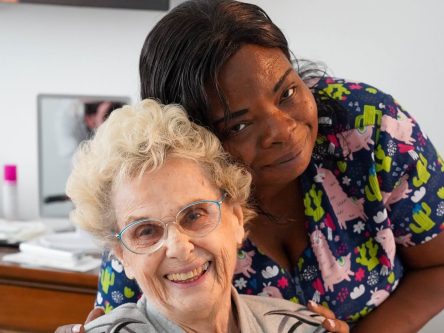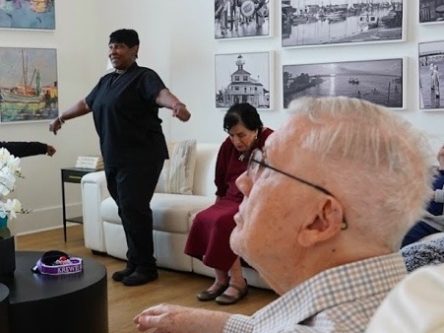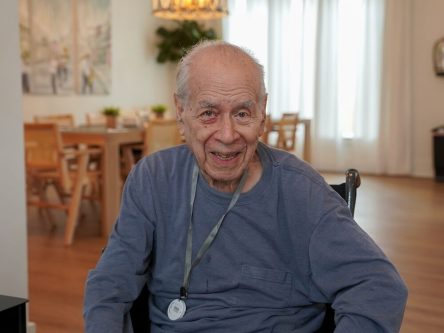
OUR MEMORY CARE PLAN
Our memory care strategy combines a patient and family-centric care plan in which we attempt to diagnose the root cause of the memory loss from a base diagnosis. We want to ensure the diagnosis is 100% correct at its most fundamental level before devising the appropriate treatment plan. We are then fastidious in our progress tracking and can alter the plan to maximize results. With residential care homes throughout greater New Orleans, including suburbs such as Metairie and Jefferson, we are proud to care for your elderly loved ones.







